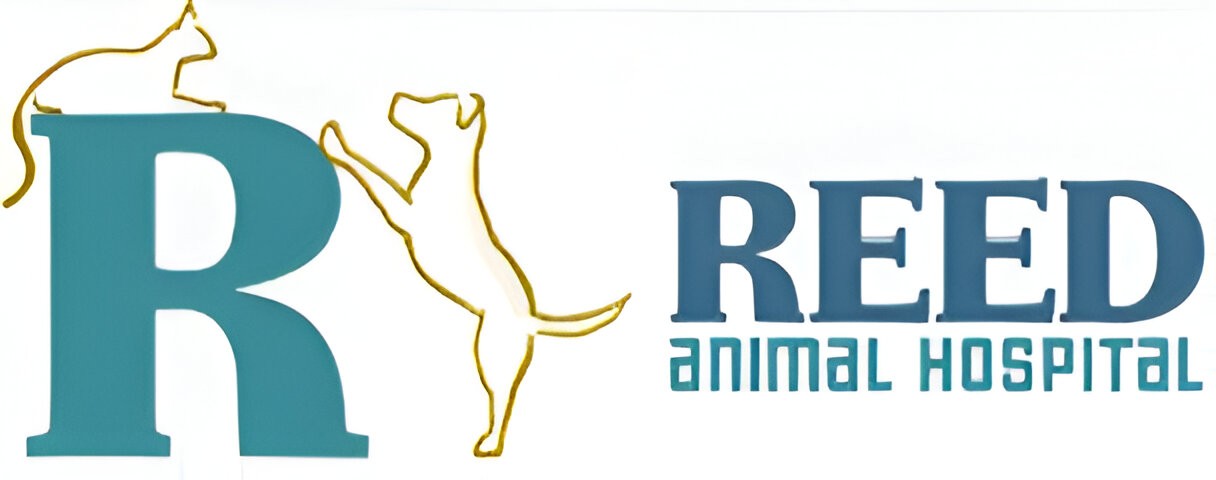Recognizing the Signs That Your Pet Is Aging
As your pet gets older, you may start to notice some changes. Preventative care becomes increasingly important with the onset of age, as your pet may start to require different types of medical treatment. The older your pet gets, the more often you should schedule appointments at your Campbell vet clinic or Saratoga vet clinic to ensure your furry companion’s continued health and wellness. These are some signs you may notice in an older pet:
Vision changes. Both dogs and cats tend to experience some loss of vision in their later years. Some of these changes are a normal part of the aging process, but others should be treated. Regular checkups can help ensure that genuine vision problems such as cataracts or conjunctivitis are diagnosed as early as possible.
Dental problems. Many pet owners assume that dental issues such as bad breath are normal for pets, but in fact, they can raise your pet’s risk of serious health problems such as heart disease. They can also affect your pet’s quality of life by causing tooth loss and difficulty eating. Routine dental care at your vet’s office is essential for keeping your pet’s teeth and gums healthy.
Loss of appetite. The older your pet gets, the more difficult it becomes to effectively digest food. This means that many pets start to eat more slowly, or seem less interested in eating. However, your pet still needs to get enough calories and nutrients to stay healthy. If your pet’s appetite has changed, talk to your vet.
Stiffness. Perhaps the most obvious sign of aging, shared by pets and their owners alike, is increased stiffness. Pets will usually move more slowly as they move into their golden years, and they may be less inclined to jump and run. If your pet has developed a condition such as arthritis, however, it may be causing your pet pain. If you notice any changes in your pet’s movement, you should schedule an appointment at the vet right away.


